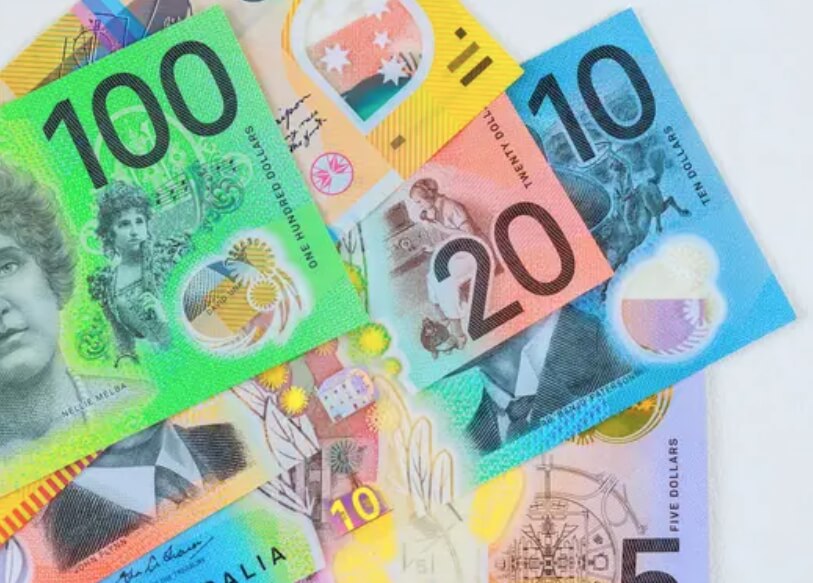AUD/USD jumps to near 0.6630 even as US Dollar trades firmly
- Bitcoin Drops to $70,000. U.S. Government Refuses to Bail Out Market, End of Bull Market or Golden Pit?
- Gold rallies further beyond $5,050 amid flight to safety, dovish Fed expectations
- Bitcoin Bottom Debate: $70,000 or $50,000?
- A Crash After a Surge: Why Silver Lost 40% in a Week?
- Bitcoin Slips Below 75,000 Mark. Will Strategy Change Its Mind and Sell?
- Bitcoin Rout. Bridgewater Founder Dalio Publicly Backs Gold.

AUD/USD climbs to near 0.6630 as the Australian Dollar outperforms its peers.
Fed’s Powell signals caution on further interest rate risks.
Australia’s Monthly CPI grew at a faster pace of 3% in August.
The AUD/USD pair climbs to near 0.6630 during the European trading session on Wednesday. The Aussie pair strengthens, even as the US Dollar (USD) trades firmly, following comments from Federal Reserve (Fed) Chair Jerome Powell on Tuesday in which he reiterated caution on further interest rate cuts.
The US Dollar Index (DXY), which tracks the Greenback’s value against six major currencies, trades 0.4% higher to near 97.60 at the time of writing.
Fed Chair Powell signaled caution on further monetary policy expansion as risks to inflation have remained tilted on the upside, while labor market risks remain higher. He added that the current interest rate range leaves us “well positioned to respond to potential economic developments”.
Last week, Fed’s Powell also stated in the press conference following the monetary policy announcement that he doesn't feel the need to move “quickly” on rates.
On the contrary, Fed Governor Michelle Bowman argued in favor of reducing interest rates quickly to prevent a further slowdown in the job market. "It’s a lot easier to support the labor market by lowering the federal funds rate than it is to fix it after it’s broken," Bowman said.
Meanwhile, the Australian Dollar (AUD) outperforms its peers as the Monthly Consumer Price Index (CPI) data for August has come in stronger than projected. Inflationary pressures in the Australian region rose by 3%, faster than expectations of 2.9% and the prior reading of 2.8%. Signs of price pressures accelerating are expected to prompt the Reserve Bank of Australia (RBA) to avoid reducing interest rates in the policy meeting next week.
Australian Dollar Price Today
The table below shows the percentage change of Australian Dollar (AUD) against listed major currencies today. Australian Dollar was the strongest against the Japanese Yen.

The heat map shows percentage changes of major currencies against each other. The base currency is picked from the left column, while the quote currency is picked from the top row. For example, if you pick the Australian Dollar from the left column and move along the horizontal line to the US Dollar, the percentage change displayed in the box will represent AUD (base)/USD (quote).
Read more
* The content presented above, whether from a third party or not, is considered as general advice only. This article should not be construed as containing investment advice, investment recommendations, an offer of or solicitation for any transactions in financial instruments.





